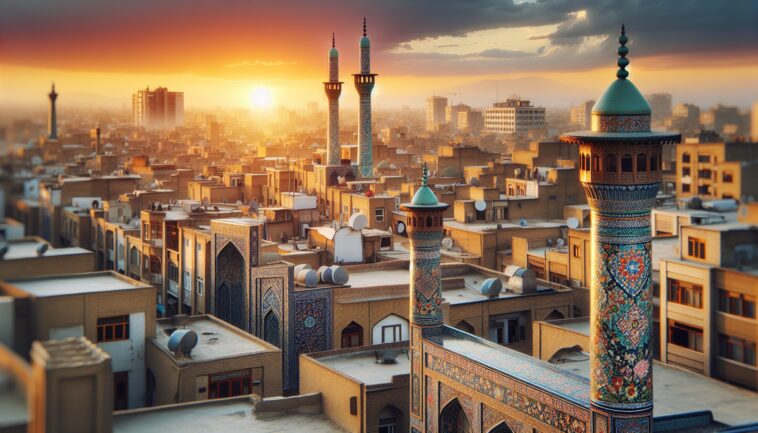Table of Contents
Understanding Iran’s foreign policy: A new era of diplomacy
In the intricate world of international relations, few nations evoke as much debate and scrutiny as Iran. The question of whether Iran is merely a nation-state or a revolutionary cause has been a focal point for analysts and policymakers alike.
This duality shapes not only Iran’s internal politics but also its interactions on the global stage. As the geopolitical landscape evolves, understanding Iran’s foreign policy becomes crucial for grasping the broader implications for regional and global security.
The ideological underpinnings of Iran’s foreign policy
Iran’s foreign policy is deeply rooted in its ideological framework, which prioritizes the export of its Islamic revolution. This commitment to spreading its revolutionary ideals often puts Iran at odds with Western nations, particularly the United States and its allies.
The leadership, particularly under Ayatollah Ali Khamenei, has consistently framed its foreign engagements through the lens of Islamic supremacy, viewing itself as a defender of oppressed Muslims worldwide. This ideological stance complicates diplomatic relations, as it often leads to a perception of Iran as a state sponsor of terrorism rather than a conventional nation-state seeking peaceful coexistence.
The impact of recent U.S. foreign policy on Iran
The shift in U.S. foreign policy under the Trump administration marked a significant turning point in the dynamics of Iran’s international relations. Trump’s hardline approach, characterized by a withdrawal from the Iran nuclear deal and a willingness to use military force, has altered the calculus for Iranian leaders.
The threat of military action has forced Iran to reconsider its negotiating strategies, as evidenced by its recent willingness to engage in direct talks with U.S. officials. This shift highlights the precarious balance Iran must maintain between its revolutionary aspirations and the practical realities of its weakened position on the global stage.
The role of regional dynamics in shaping Iran’s foreign policy
Iran’s foreign policy is not developed in a vacuum; it is heavily influenced by regional dynamics, particularly its relationships with neighboring countries. The ongoing conflicts in Syria and Yemen, coupled with the rise of Israel as a formidable military power, have further complicated Iran’s strategic calculations. As Iran faces increasing isolation and pressure from both the U.S. and Israel, its ability to project power through proxy groups has come under scrutiny. The weakening of its regional allies and the internal dissent within Iran signal a potential shift in its foreign policy approach, one that may prioritize diplomacy over military confrontation.
As the world watches closely, the future of Iran’s foreign policy remains uncertain. The interplay between ideology, regional dynamics, and international pressure will undoubtedly shape the course of its diplomatic engagements. For young adults and Gen-Z, understanding these complexities is essential, as the outcomes of these geopolitical maneuvers will have lasting implications for global security and stability.




